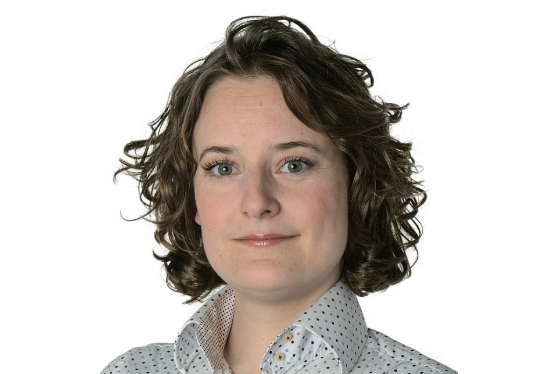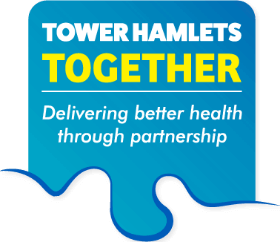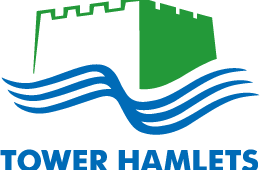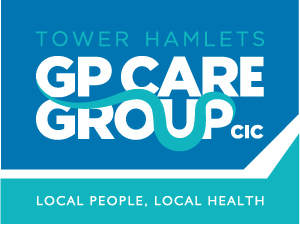Amy's Monthly Briefing - January 2022
The borough’s vision of a seamless health and care experience for its citizens.

At January’s THT Board we had a deep dive into dentistry services - a theme we ‘ve wanted to revisit since a deeply concerning user voice slot earlier in the pandemic
It’s a little late to say happy new year, but wishing you all a safe and healthy 2022, not least as we continue to navigate the healthcare, community and personal challenges of Covid-19.
At January’s THT Board we had a deep dive into dentistry services - a theme we ‘ve wanted to revisit since a deeply concerning user voice slot earlier in the pandemic.
This time we heard from a father with a “very upsetting” experience of trying to register his family with a local dentist for over a year. He had been told repeatedly that practices are not taking new patients, to “Google it” or call NHS111, and that he must pay privately - which is impossible given his low income. His children’s school and pre-school also tried to help with no success. Both parents and children have teeth issues causing pain and eating problems - with his daughter eventually losing a tooth at home.
Both Healthwatch and the Royal London Dental Hospital confirmed they are hearing about this issue on a daily basis. Covid has exacerbated lack of access to NHS dentistry and exposed the deep health inequalities of the two-tier system. Similar preventable cases regularly come to A&E, ending up with life-changing treatment like tooth extractions. The Board reflected on how some centrally commissioned services like dentistry will come to Integrated Care Boards, which could prove an opportunity to grapple with the issues locally.
We also heard from public health about the Healthy Teeth in Schools programme for 3-6 year olds, including screening for decay and giving fluoride varnish twice a year - which can only go so far given it advises those with issues to register with a dentist. Healthwatch presented their community intelligence, which makes clear that if you get an appointment, people generally have a positive experience and high-quality service - but underlines the barriers to access. People are waiting 6 months or more even if they are registered and there are particular issues with antibiotics. Healthwatch are calling for reform of commissioning and provision to address both access and affordability.
Finally, Barts shared the impact of Covid-19 on the dental hospital - including redeployment of staff, postponement of all routine treatment, and difficulty restarting due to staffing, aerosol and enhanced PPE requirements. They still can’t get back to pre-pandemic levels but are on track to update the air exchange by April 2022 and to build up clinical capacity through undergraduates and trainees. Project Tooth Fairy (NHSE commissioned) has enabled the creation of a general anaesthetic suite to tackle the significant backlog of child extractions, which is making progress. They also shared feedback from primary care, who face significant backlogs, staff shortages (due to Brexit, isolation requirements and recruitment) and the impact of Omicron.
Overall the picture felt bleak, with limited scope for us as a borough partnership to make changes. We resolved to map the wider system impacts, engage with the NHSE commissioning team, seek support for political influencing from our MPs and Cllrs, and explore options for improving dentistry access within the new ICB e.g. through commissioning intentions, a locally enhanced service and working with local dentists collaboratively to find solutions.
We closed the meeting by reviewing the Local Delivery Board’s oversight of THT programmes, which are largely on track. The THT team is supporting workstreams to set new priorities for 22/23, introducing a tighter programme management approach. We also had an update on the Covid situation, reflecting on the unhelpful narrative that Omicron is “mild” given we were starting to see serious cases in those aged 50+ and four of our five older people’s care homes were closed due to outbreaks. As you will all know, the challenges across the whole system remain significant, ranging from supply of lateral flow tests and the imminent rollout of vaccines for 12-15s, to ongoing pressure on beds and staffing.








